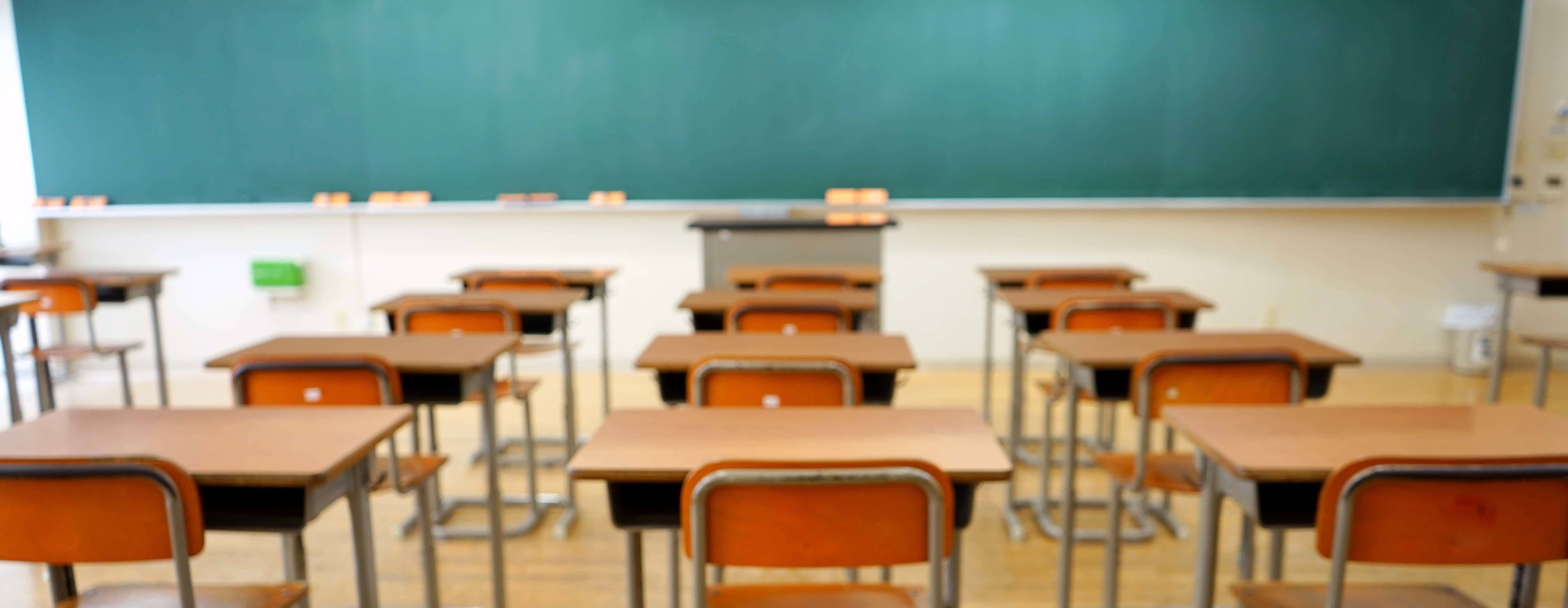
SPRINGFIELD, Ill. (IRN) — More than 430,000 Illinois households with children under 14 may not have a parent who could stay home to supervise their online learning.
For parents who decide their pre-teen is responsible enough to stay home alone and learn, a murky state statute could get create confusion.
More Illinois school districts are opting to start the school year with only remote learning, sometimes with little notice, because of concerns about COVID-19 outbreaks, leaving working parents to either reduce hours or quit jobs or find another place their kids can go during the school day. The latter option can cost parents thousands of dollars.
Consumer advocates at Smart Dollar used 2018 Census data to tabulate what percentage of single-family households with kids under 14 years of age had full-time working parents.
Illinois matched national figures, showing 41 percent of the state’s more than 1 million single-family households didn’t have a parent who didn’t work full time.
Those thousands of parents who might think their young student is responsible enough to be home alone during the workday may be right, but the Department of Children and Family Services deems a neglected minor as “any minor under the age of 14 years whose parent or other person responsible for the minor’s welfare leaves the minor without supervision for an unreasonable period of time without regard for the mental or physical health, safety or welfare of that minor.”
The state statute says “for more than a period of 24 hours,” but an incident could remain on a parent’s record for years. In other states, school officials have reported dozens of families to state social workers after the children fail to log on for virtual classes.
Illinois’ law has a higher age than other states, partly because of a high-profile case in 1992. In that case, David and Sharon Schoo, in 1992 left their 9- and 4- year-old daughters alone in their home near St. Charles over Christmas while they vacationed in Mexico. The movie “Home Alone 2” was in theaters at the time and the story generated national headlines. A judge later sentenced the parents to two years of probation as part of a plea deal.
Efforts to change the law in recent years have stalled, but state Rep. Joe Sosnowski, R-Rockford, plans to take another run at putting the age in the state law in line with other states.
“There’s inconsistent language and, according to our statutes, anybody under the age of 14 really needs to have an adult or supervision,” he said. “When we’re talking about virtual school and not having five days of school, it’s especially pertinent that the Legislature make sure that the laws that we have are consistent and allow parents that flexibility for those kids who are obviously mature enough to stay home.”
Kyle Hillman, director of legislative affairs at the National Association of Social Workers, Illinois Chapter, said it is legal to leave a minor home alone during the workday because of the phrase “for an unreasonable period of time” in the state law.
“Under Illinois law, that is perfectly legal to leave that child home alone as long as it’s a reasonable amount of time and you took care of their health and wellbeing,” he said.
Hillman said he opposed Sosnowski’s bill. He said the bill removes a weapon in a prosecutor’s arsenal to properly punish negligent parents. A better solution, he said, would be for the Illinois Department of Children and Family Services to clarify what is safe and what isn’t safe.
“A parent wants to know ‘as long as I leave my 12-year-old to do homeschool and I’ve taken care of all of these different things, I’m gonna be in the clear?’” he said. “That’s where I don’t think it needs a statutory change, I think it needs a DCFS advisory change.”
Cook County Sheriff Tom Dart sponsored the bill during his time as a state representative. When asked about his view of the legislation in light of widespread virtual learning, his office responded.
“The safety and well-being of children have always and will always be a priority for Sheriff Tom Dart. Now more than ever, children need to feel safe and secure with so much uncertainty with the pandemic,” a spokesperson said.
By COLE LAUTERBACH for the Illinois Radio Network
